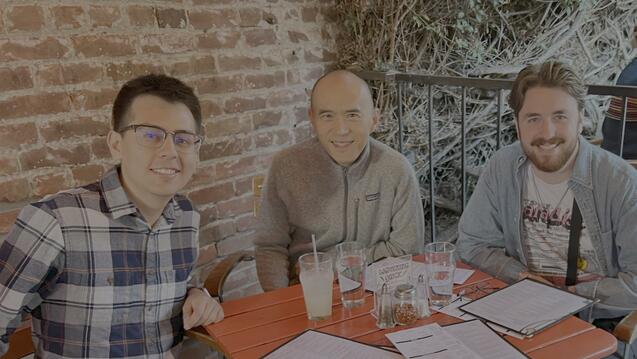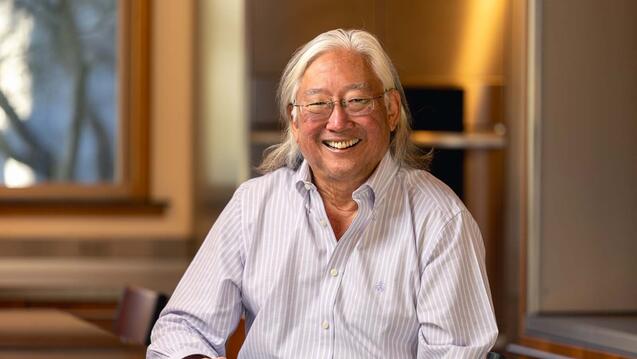
Prof. Spencer Receives Distinguished Research Award For Work In Virology
USF faculty member Juliet Spencer, PhD, has received the Distinguished Research Award for her work on investigating the interaction between herpes viruses and the immune system.

Spencer’s research “strive[s] to understand how these viruses manipulate immune cells so that the virus never gets eliminated from the body,” she said.
“This research is innovative in concept and experimental approach,” Spencer said. “We have discovered novel mechanisms for viral regulation of immune cell function and employ cutting-edge imaging techniques to visualize these effects.”
Results of these studies may have “key implications for vaccine design and the development of new anti-viral drugs or diagnostic tools,” she said.
Related to this research, earlier this year Spencer and coauthors published a paper in Current Opinion in Immunology titled “Viral manipulation of the host immune response.” The invited review article examined immune evasion strategies of many different viruses.
“We analyzed the literature and identified common mechanisms, such as altering cytokine networks, and discussed how diverse viruses accomplish this goal,” she said.
Spencer also published a second article this year concerning the use of a viral cytokine as a biomarker for cancer risk. The primary research article titled “Human Cytomegalovirus interleukin-10 promotes proliferation and migration of MCF-7 breast cancer cells,” was published in the journal Cancer Cell Microenvironment.
The article showed that cmvIL-10, a viral cytokine produced by cytomegalovirus (a member of the herpesvirus family) during infection, could enhance tumor progression. Cytomegalovirus uses cmvIL-10 to suppress immune function, enabling virus replication and persistence.
“We worked with a particular breast cancer cell line, MCF-7 cells, and found that exposure to [cmvIL-10] made the cells grow faster and move more,” Spencer said. “In the human body this could translate into increased potential for metastasis formation, which is not good for the patient.”
Based on the results, and results from a paper published last year in the journal PLoS One, Spencer and her coauthors are now trying to use cmvIL-10 as a biomarker to predict risk of onset or progression of breast cancer.
Spencer teaches at both the undergraduate and masters level in the Biology department.
References
Christiaansen A, Varga SM, JV Spencer. “Viral manipulation of the host immune response.” Curr Opin Immun. 2015;36:54-60.
Bishop RK, Valle Oseguera CA, and JV Spencer. “Human Cytomegalovirus interleukin-10 promotes proliferation and migration of MCF-7 breast cancer cells.” Cancer Cell Microenviron. 2015;2(1):e678.
Valle Oseguera CA, JV Spencer. “cmvIL-10 Stimulates the invasive potential of MDA-MB-231 Breast Cancer Cells.” PLoS ONE. 2014;9(2): e88708.


